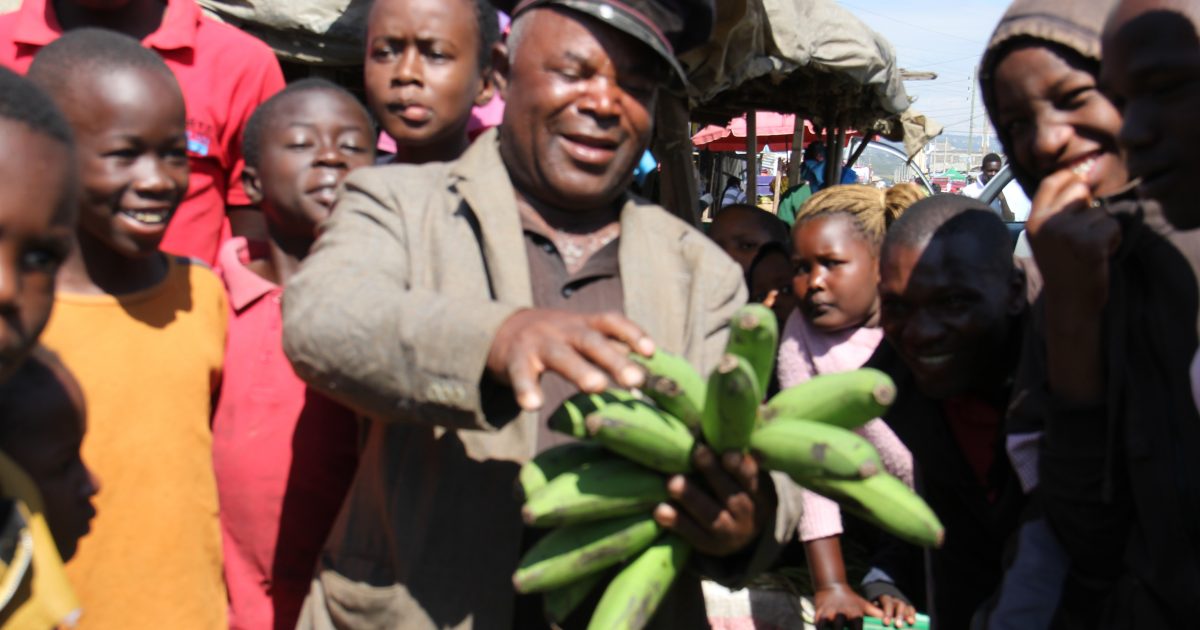An advisory by Chief Justice David Maraga to President Uhuru Kenyatta to dissolve parliament has elicited mixed reactions, while continuing to generate public debate in Nakuru county.
While some residents hailed the Chief Justice for having stood up against violation of the Country’s Supreme Law, others questioned the viability of entertaining the idea of holding elections during a time when the country had taken a severe beating from Covid-19 economic shocks.
Maraga on Monday advised President Kenyatta to dissolve Parliament for failing to enact legislation required to implement the two-thirds gender rule.
Young African Women Initiative (YAWI) Executive Director Ms Fidelis Karanja said Maraga had acted within the law, as in advising the president the Chief Justice was responding to six petitions seeking his advice on the matter.
Ms Karanja termed the CJ’s advisory as the most significant and historic from a constitutional standpoint adding that the call was a big test to the rule of law and constitutionalism.
Article 100 of the Constitution of Kenya 2010 requires parliament to enact a law to promote the representation in parliament of women, persons with disabilities, youth, ethnic minorities and other minority and marginalized groups.
Ms Karanja observed initially Article 100 legislation had a time frame of five years which lapsed two years ago. She said any business conducted by both the Senate and Parliament going forward would be an illegality as the Article remained unlegislated despite the one-year extension given by Parliament having lapsed.
She said parliament had flouted Article 10, Section 2 of the Constitution which provided that national values and principles of good governance included human dignity, equity, social justice, inclusiveness, equality, human rights, non-discrimination and protection of the marginalized.
Ms Karanja said all Kenyans including parliamentarians were bound by Section 3 of the Supreme law which obligated everyone to respect, uphold and defend the Constitution.
The Executive Director observed that Kenya had on March 9th 1984 ratified United Nations Treaty on the Elimination of All Forms of Discrimination Against Women.
A vegetable vendor at Kaptembwa Open Air Market Ms Nancy Akinyi said all Kenyans should consider the financial implications of going to another poll against economic difficulties that the country was facing.
Ms Akinyi noted that the Covid-19 pandemic had slowed down the economy leading to closure of factories, loss of jobs and collapse of industrial, tourism and hospitality sectors which were major sources of incomes to Kenya.
The focus, she said, should be directed at gradually reopening the economy while remaining alert to the fact that Covid-19 pandemic had not been fully contained.
Chairman to Kaptembwa Traders Savings and Cooperative Society Nyabaro George said while the CJ’s advisory was constitutionally ‘solid’ the Country’s growing national debt and Covid-19 economic shocks made the idea of an election unviable.
Nyabaro suggested that parliament should be afforded a final opportunity before the President acts on the advisory.
Mary Nyamita, a fishmonger in the Ponda Mali market, said the CJ had not erred, adding that principle of “equal pay for equal work done and equal skills” should be reinforced by the provision of equal opportunities particularly in public service and the National Assembly.
She said girls are attending school in greater numbers than ever before and women are increasingly entering the labour force and leading businesses.
“Unleashing the economic power of women through gender parity initiatives will immensely contribute to Kenya’s growth. More so, it’s the right thing to do.
It is unfortunate that a section of our MPs have not realized that Kenya’s economy will only reach its full potential only through full participation of both women and men,” she said.
By Anne Mwale/David Mururia



